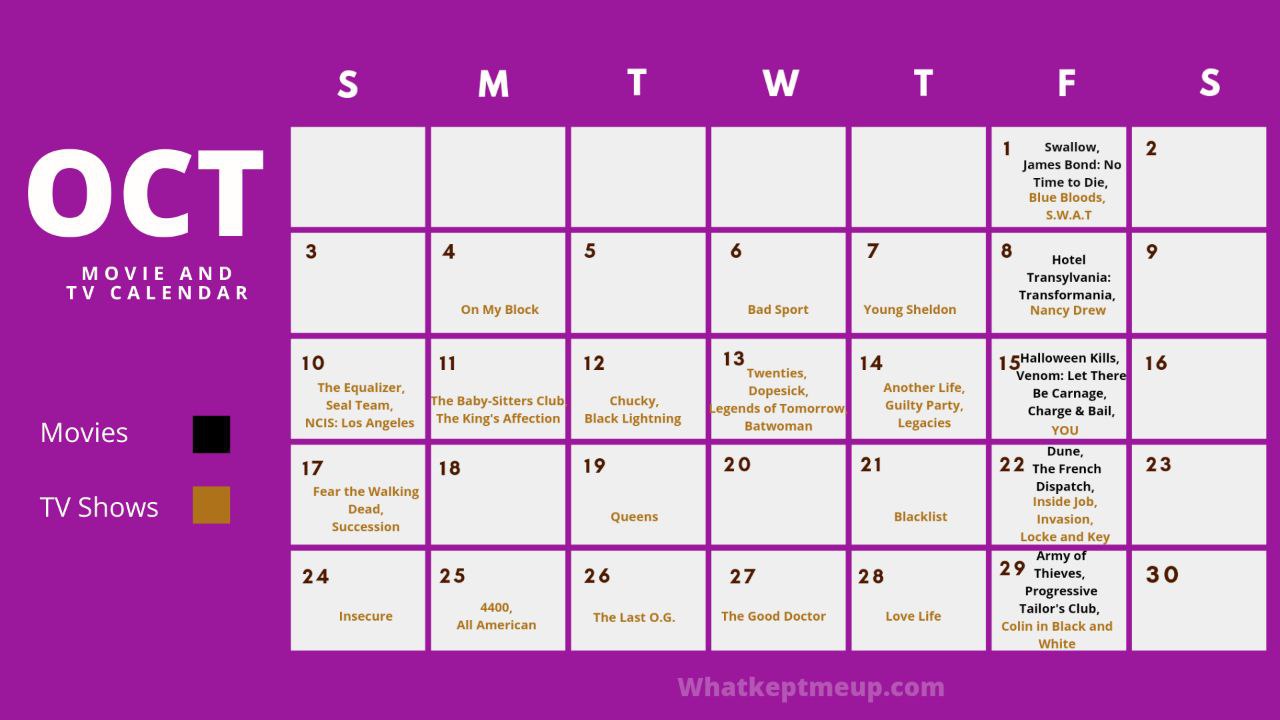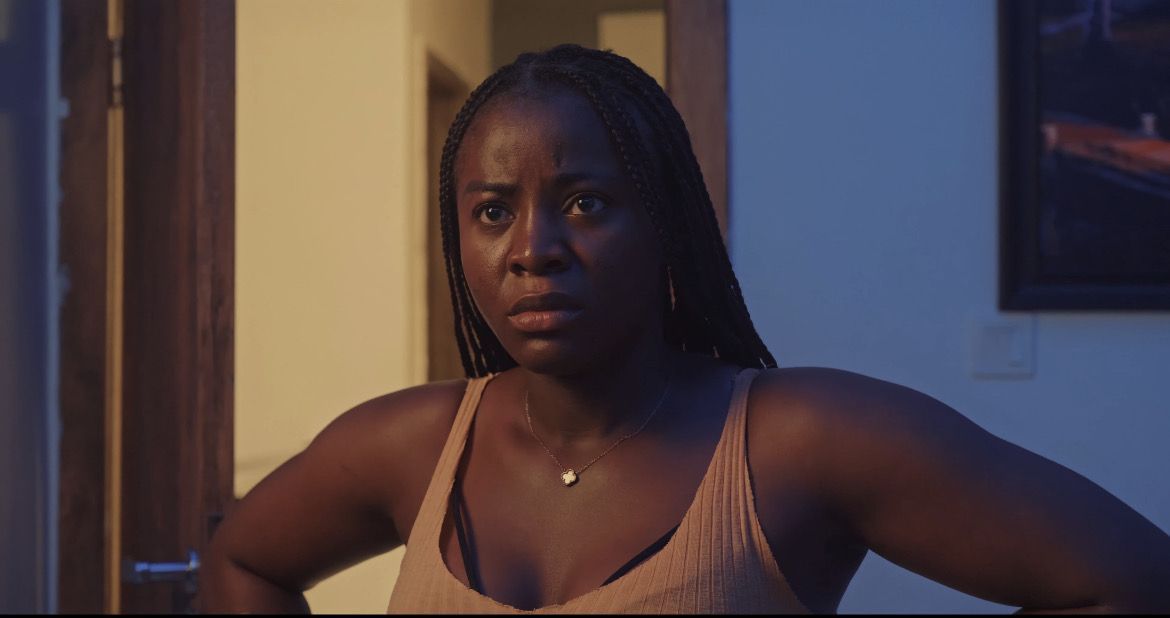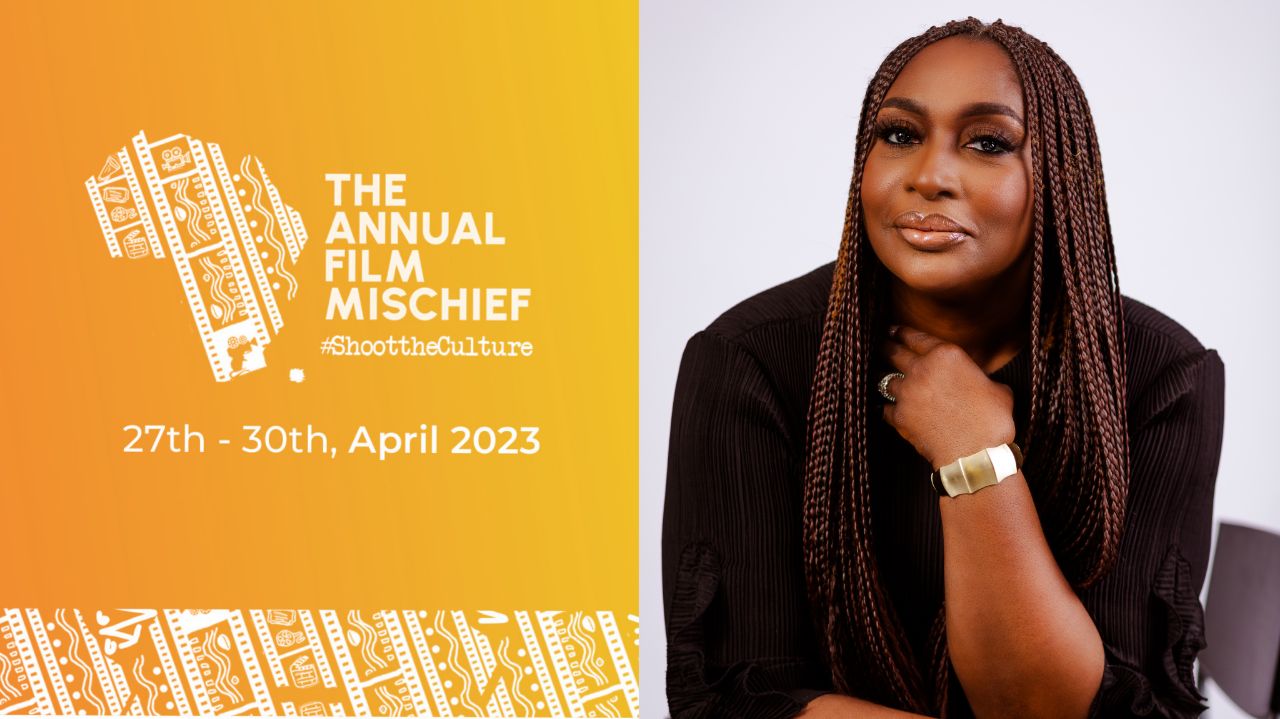
Swallow was released on October 1. The audience reaction to Netflix’s latest Nigerian original has been mixed. More, I suspect, because of who directed it, rather than the storytelling of the film. Beyond the regular cinephile, there are the readers who were eager to see Swallow because it’s an adaptation of a Sefi Atta novel. And while, even amongst them, the reaction to the film has been polemical, there is a general agreement that the film didn’t explore the entirety of the book. This is expected; a book is an entire universe and it would take a chunk of screen-time to appreciate its entirety. In Swallow’s case, it is possible that Kunle Afolayan and Sefi Atta, credited screenwriters for the film, might have left out some important parts. Here are the differences between Swallow, Kunle Afolayan’s movie and “Swallow”, the Seffi Atta novel.
Related:
 ‘Swallow’ Review: Kunle Afolayan’s 80s Lagos Without a Soul
‘Swallow’ Review: Kunle Afolayan’s 80s Lagos Without a Soul
- There is an Entire Backstory for Tolani’s Parents

Tolani’s parents are introduced through flashback sketches in the film just as in the novel as well. In the film, they seem as attachments to the story, sometimes even annoying, preferable to be done away with. However, in the novel, they have an expansive universe; characters who have a life and world of their own, made decisions which affected Tolani’s life—mostly for the worse, but eventually they steered her toward making the decision not to become a drug trafficker. There is also the question of paternity in the novel which completely disappears in the film, and also, Tolani’s uncle and his wife who affected the plot tangibly are absent from the film. Most of Tolani’s eventual decisions in the film would have resonated more if these characters and their backstories were attended. Understandably, it would have meant a longer watch, but it would have been worth it.
- Tolani and Sanwo Resolution

We are all suckers for happily ever after. On most days, film, for the audience, is escapism. They want to believe that if someone (in a fabricated world) who has it worse than them can become better, and still get happily ever after, it should be possible for them as well. The closing scenes of Swallow and the novel find Sanwo and Tolani walking hand-in-hand to the park after Sanwo redeemed his character: repaid Tolani’s loan, and finally, apparently, proposed marriage to her. But Tolani and a newly-employed Sanwo leave their relationship open and she was sacked from the bank in absentia. However, some differences crop up. In the novel, Salami was not suspended, taking a more realistic route.
Related:
 Eight Other Movies to Watch If You Enjoyed King of Boys
Eight Other Movies to Watch If You Enjoyed King of Boys
- Mama Ayo, Mama Chidi, and Violet Had More Interesting Backstories

And while at this we might just toss it in that even Rose, as fulfilling a character as she felt in the movie, had a more interesting backstory in the novel. Mama Ayo and Mama Chidi are expanded in the novel as portraits of repressed women in the 80s. Mama Ayo is stricter and visibly principled in the novel. She led a protest and strike against the Federal Government, and she had a much better relationship with Tolani. Also, in the novel, Rose apparently offered her a role in OC’s drug trafficking business. Mama Chidi also definitely read more in the novel, an autodidact shackled by numerous children and her circumstance. Violet’s stint as a prostitute in Italy is properly explored in the novel, and the illegitimate child that came of it, the sympathetic Italian who set her up, were all delineated in the novel.
- There is a More Chaotic Feel to 80s Lagos

The novel had a military presence whipping people into queues, maintaining law and order under the auspices of War Against Indiscipline. While for whatever the reason, the movie doesn’t explore military presence and the haphazard nature of Lagos life, the book has numerous scenes covering Lagos life.
- Godwin is a Realized Character

Godwin, played by Frank Donga, is a completely forgettable character. Tolani continuously defines him as “born again” but the movie never explains why he became one. Eventually, when he calls her a “bitch” outside the church, it doesn’t resonate at all; it falls flat. In the novel, Godwin had lost his partner of six years to an accident and he promptly turned to God. He called Tolani a bitch therein because she asked why God didn’t save his partner. She challenged his faith on a very personal level and the man understandably regressed for a moment.
While one could go on, it is important to know that all books differ in some way from their movie adaptations, largely for stylistic reasons. This could be the case for Kunle Afolayan’s Swallow too. However, there are some questionable additions and deletions to the film from the novel. In the end, these are questions between artist and source material. No two people will adapt a novel the same way; and what others deem important or inconsequential, Kunle Afolayan saw otherwise.
You can share your thoughts in the comments section or on our social media accounts.
 Keep track of upcoming films and TV shows with our calendar tool.
Keep track of upcoming films and TV shows with our calendar tool.






3 Comments